Pays for the high level of care required to ensure one elephant leads their best possible life at Jafuta
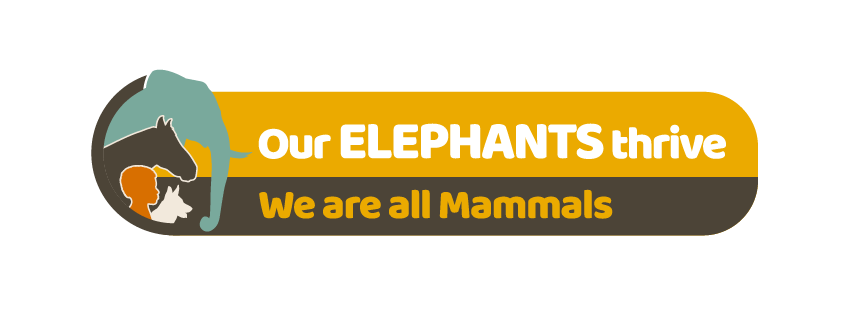
eleCREW is the first elephant facility in Africa to reach compliance with the historic ‘Standards for the Management and Welfare of elephants in human care in Southern Africa’. This is a truly meaningful set of standards developed by Welfare Scientists, Wildlife Veterinarians, Welfare and Conservation NGO’s in conjunction with elephant care facilities such as eleCREW. It has been described as a ‘first for Africa’ and eleCREW is proud to be pioneering such work. To find out more click here.
The welfare of the Ambassador Herd
The welfare of all Elephants in Human Care
The welfare of Free-roaming Elephants
The well-being of communities and ecosystems that coexist with elephants – One Health, One Welfare
It is the welfare and quality of life of the Ambassador Herd that is eleCREW’s priority and creates the platform from which eleCREW aims to achieve the objectives of its Community, Research, Education, and Welfare programs. These programs are all about ensuring the well being of free-roaming elephants and the communities that live side by side with them. This is the core of the holistic approach eleCREW takes and the ‘One Health, One Welfare Approach’ that we believe will lead to a harmonious coexistence for humans, wildlife and the environment.
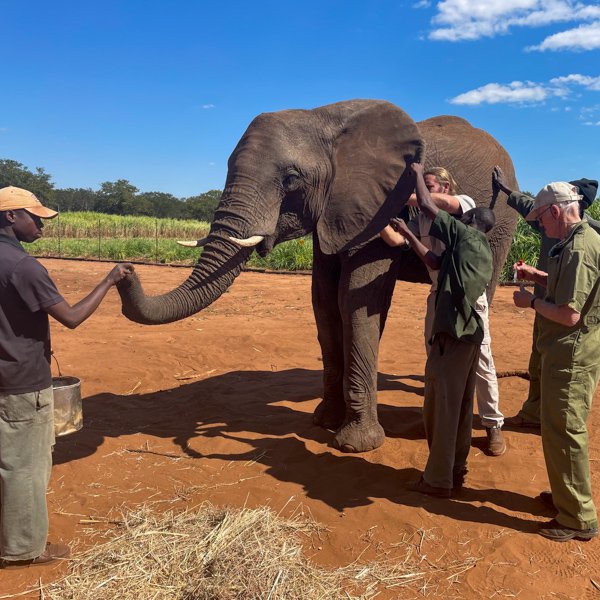
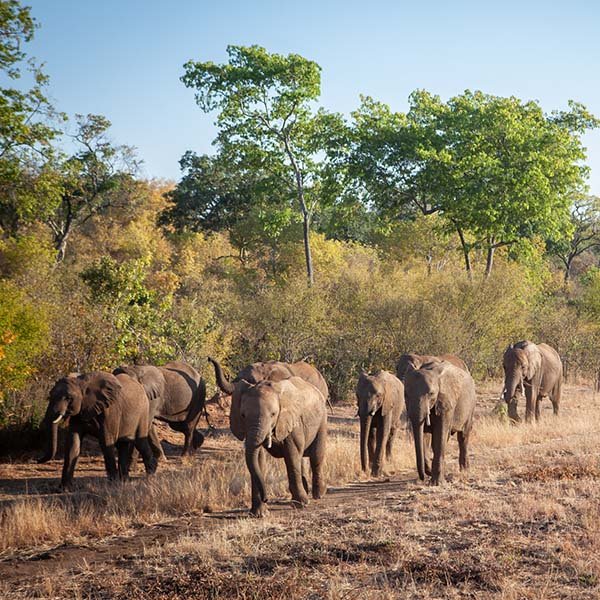
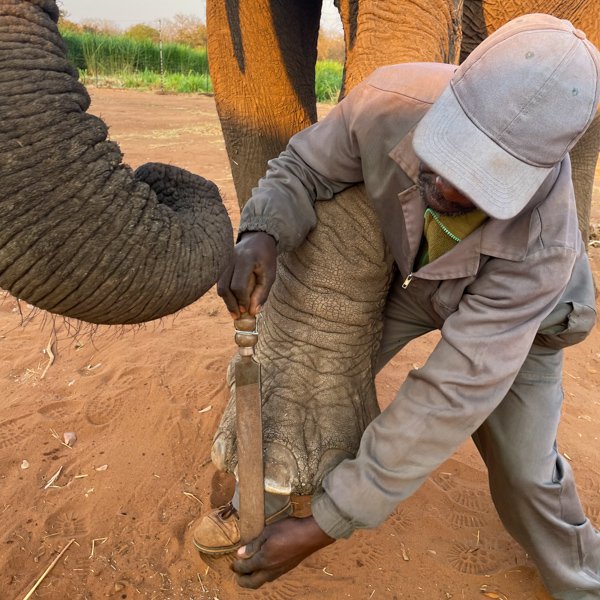
This starts with behavioural observation and analysis, from which we identify areas for improvement, before implementing positive changes. It is a constant process, after all, elephants are adaptive living sentient beings, and they can tell us, through their behaviour, how we can help.
This elephant led process can even lead to release if that is deemed appropriate and in the best interest of the individual. This was the case for Magoti, a young female member of the Ambassador Herd, who chose to join a free-roaming herd in 2018 and whom we continue to monitor via a satellite tracking collar. She is doing very well and is a testament to what can be achieved when a welfare programme is led by the elephants rather than the humans.
We have implemented cooperative teaching methods that are proven to improve the welfare of mammals in human care This allows for humane handling and stress-free veterinary care as well as providing mental stimulation and the development of bonds of mutual respect between human and elephant.
eleCREW actively works with numerous other academic, veterinary, welfare NGO and elephant welfare partners, to exchange knowledge and work toward a greater quality of life for all elephants in human care.
eleCREW is a founding member and funder of a multi-stakeholder initiative to develop meaningful standards for the welfare of elephants in human care in the Southern African Region.
This collaboration has resulted in the publication of ‘Standards for the Management and Welfare of Elephants in Human Care in Southern Africa’ by our partner organisation ‘We Are All Mammals’ (WAAM) and is the guiding document for eleCREW welfare standards.
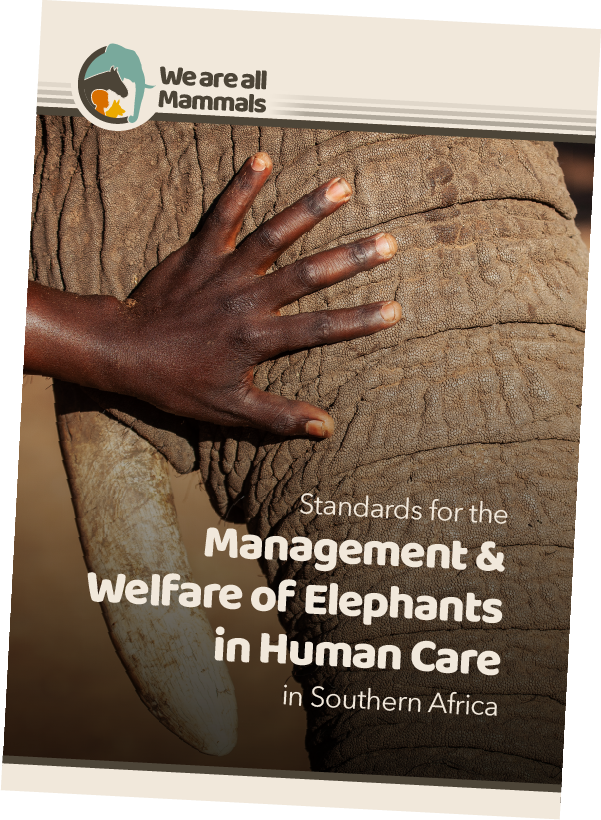
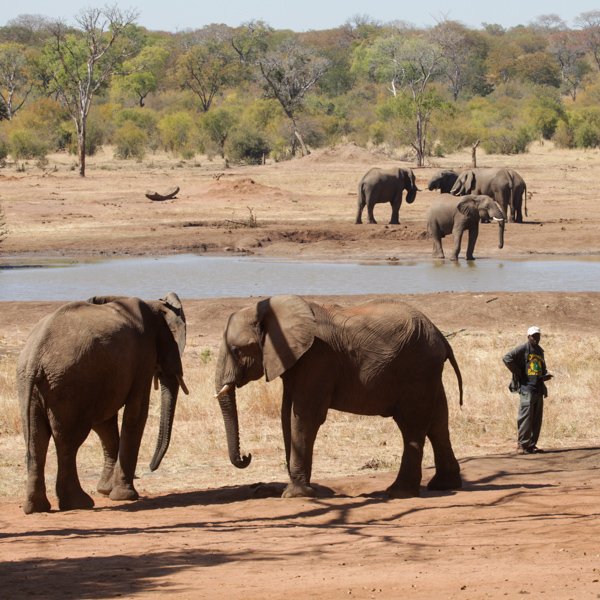
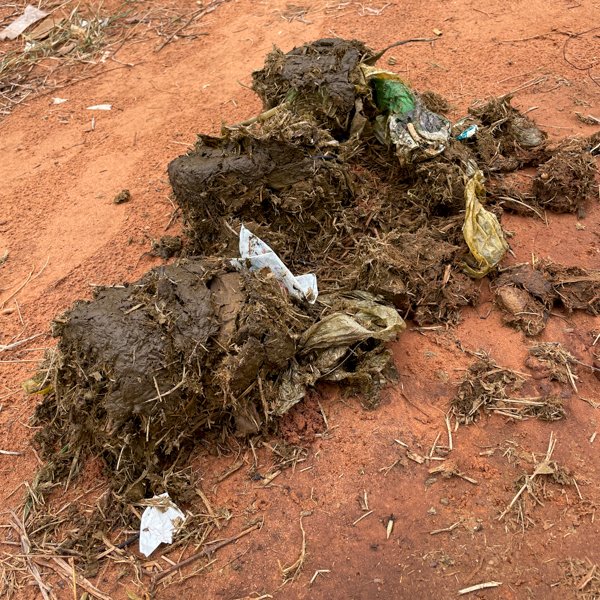
In January 2022 eleCREW and our partners completed the erection of a 4km elephant prevention fence at the dumpsite, with generous donations made by the Victoria Falls Community. This was made possible by Connected Conservation, The Pristine Victoria Falls Society and Shearwater Adventures. Together we will prevent plastic pollution from impacting the welfare of free-ranging elephants.
Through our Community Empowerment, Education and Research Programs the eleCREW team hopes to make significant contributions to the welfare of elephants, communities and the ecosystems that they share.
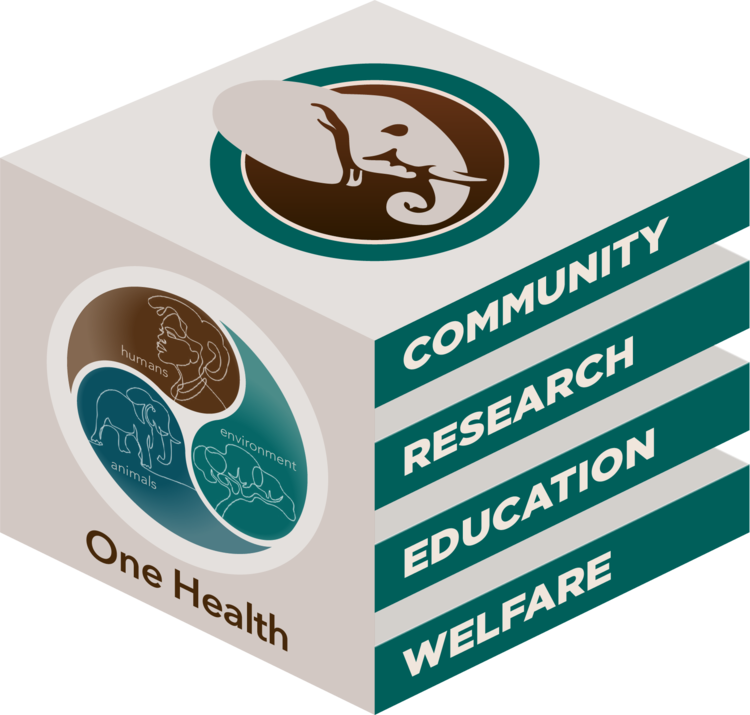
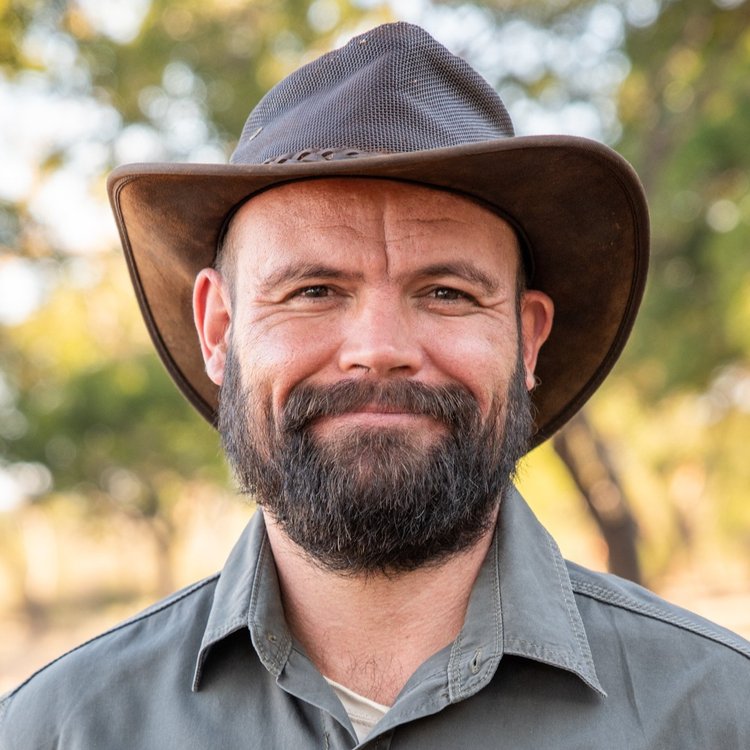
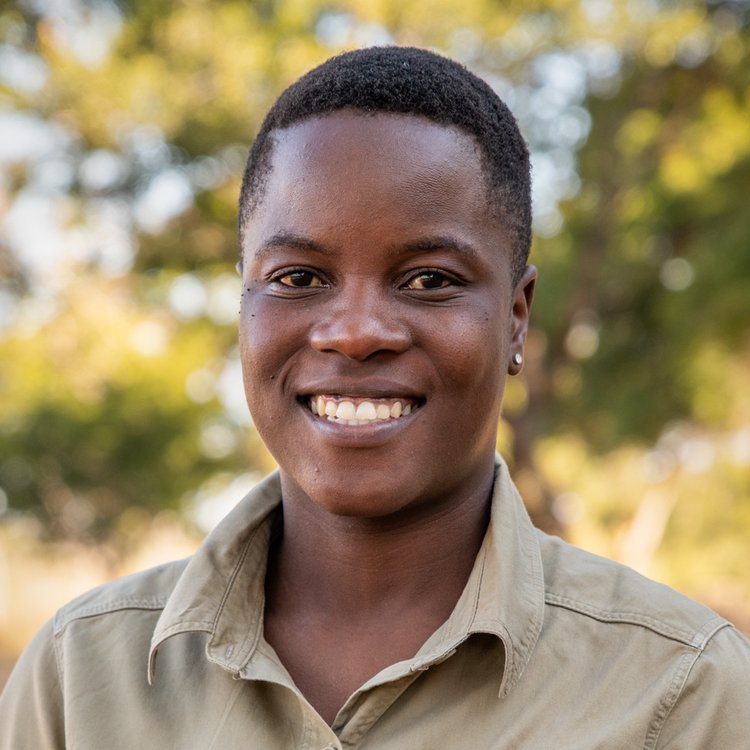
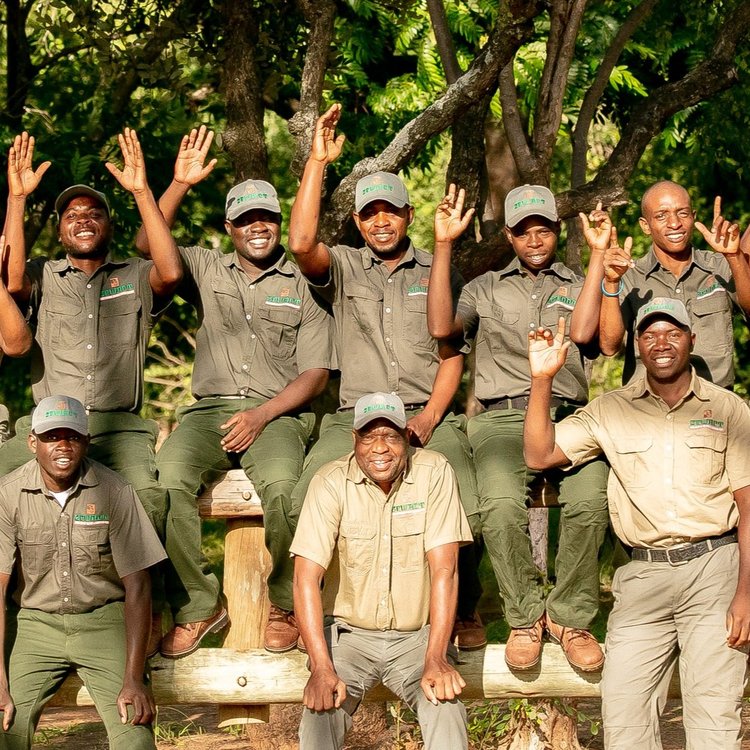
Pays for the monthly behavioural observations and analysis
Pays for the veterinary care for an elephant for a month
Pays for supplementary feed for an elephant for a month providing for optimal nutritional and behavioural health
Pays for a behavioural observation collection device that helps us move toward digitising our welfare monitoring systems
Pays for the high level of care required to ensure one elephant leads their best possible life at Jafuta